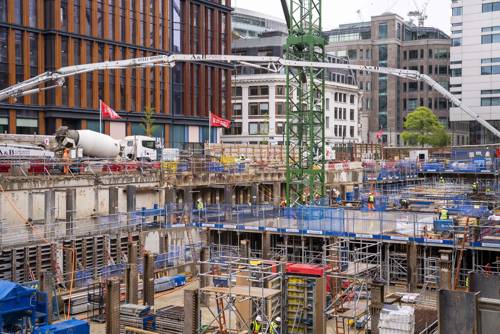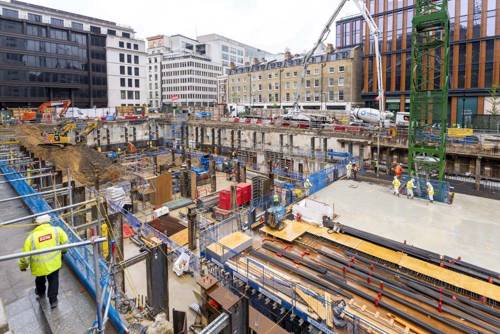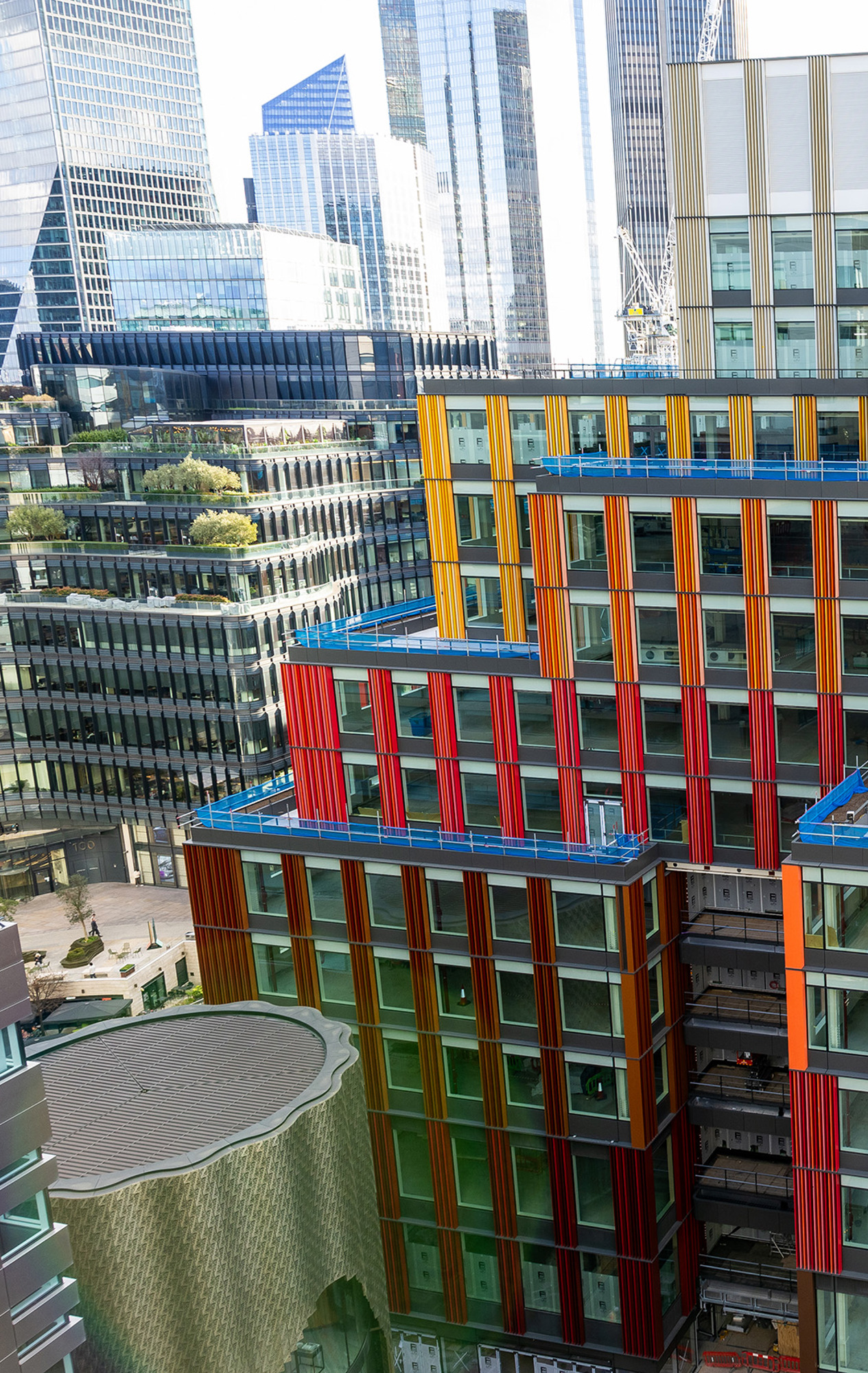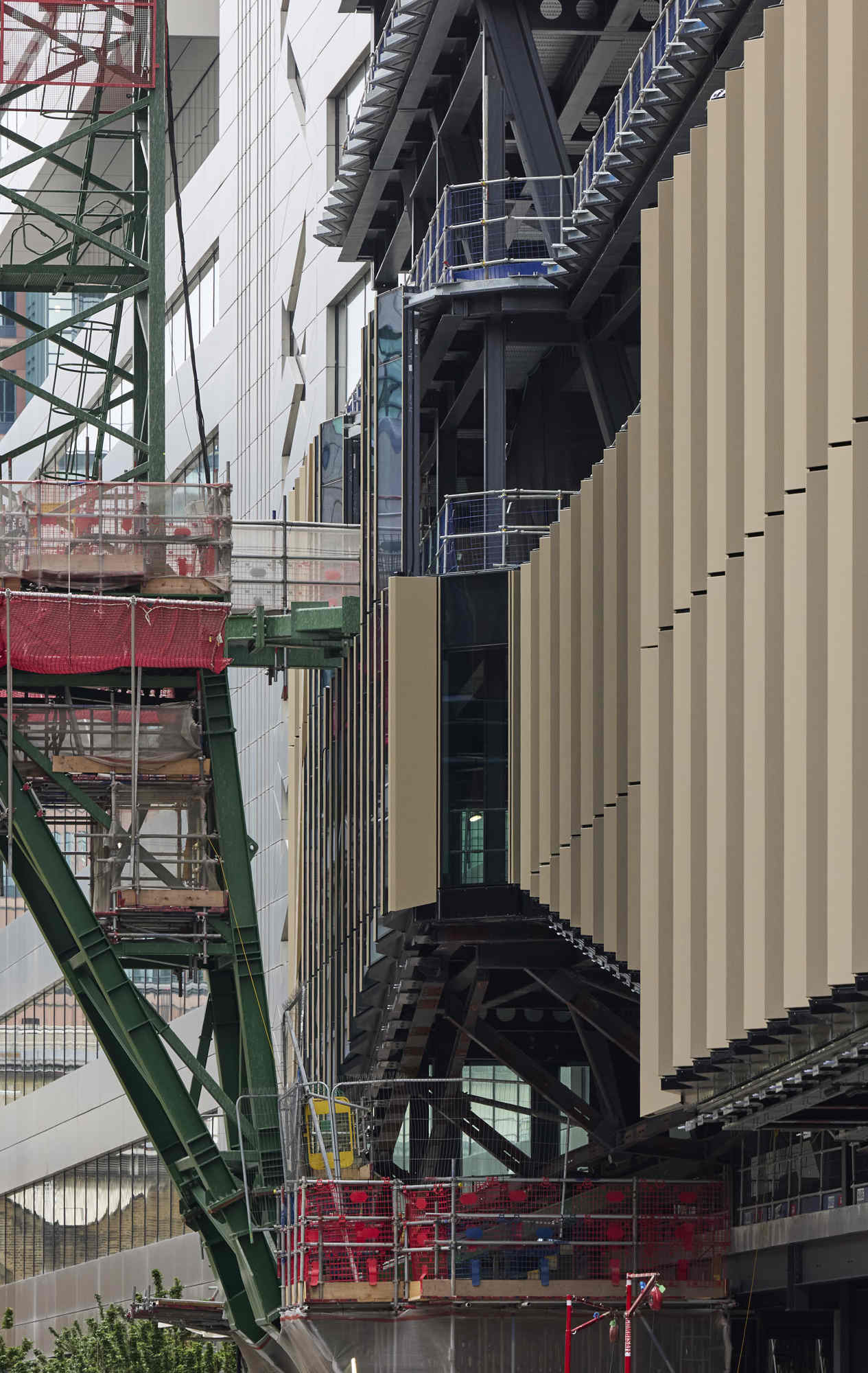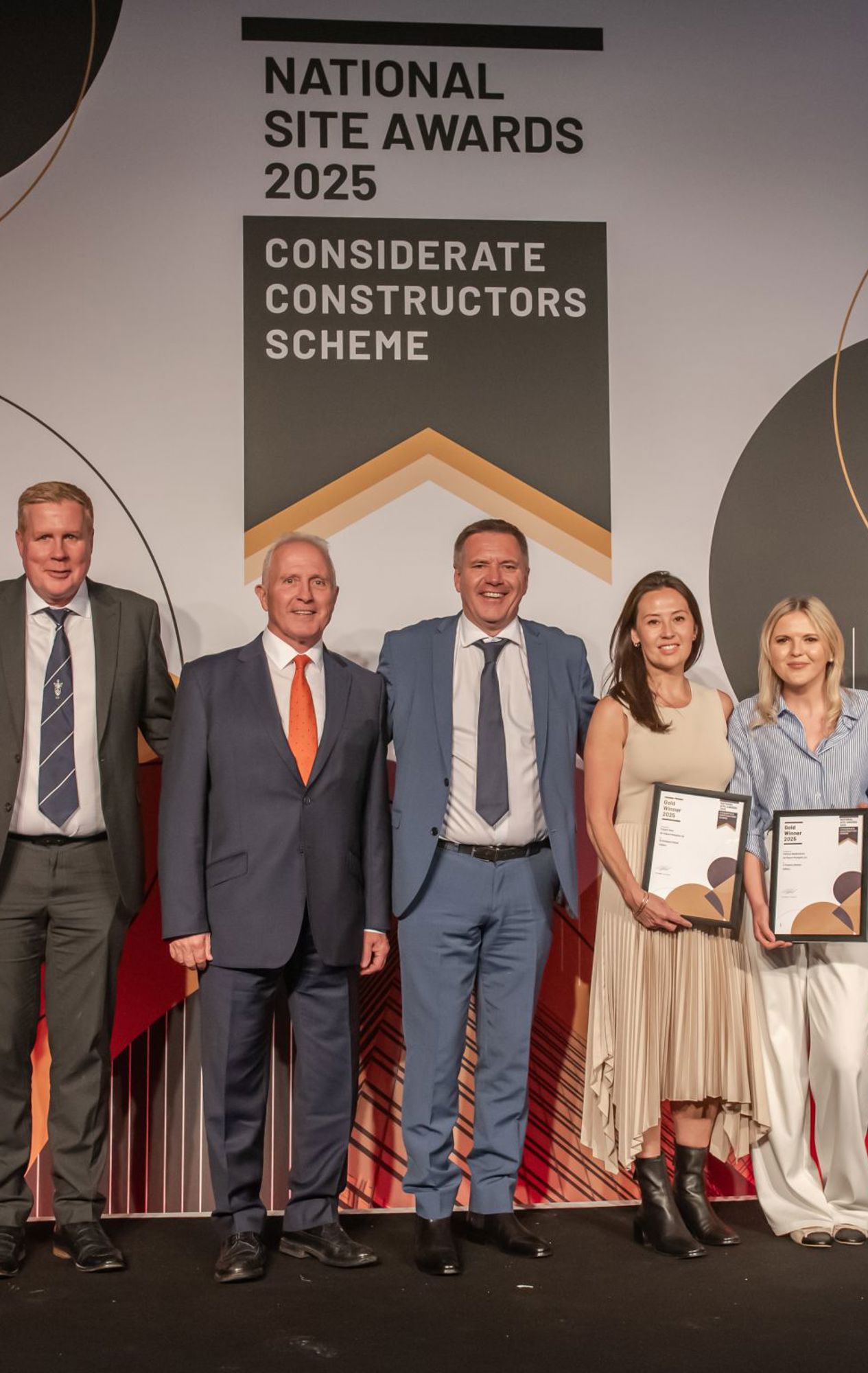The Broadgate framework is really special in terms of sustainability,
owing to the client that we have and their commitment to the drivers around sustainability.
We want to create a sustainable campus that people want to work in. That is our goal.
A lot has changed in terms of sustainability and global
warming since 2016. So, our initial brief was very, very light touch. Since then,
British Land have issued their sustainability policy, which
sets some pretty stretching targets for 2030. That is now our ambition.
That is how we're delivering our projects at Broadgate.
So, it's really exciting to work on projects like this
where the client holds sustainability at such a high level.
So, we rarely see projects that have green building certification such as the highest
level of BREAM and WELL. We also have new and emerging
certifications such as NABERS, which looks at the operational
carbon side of things and we also have whole life carbon assessments
on the project as well. We work with our supply chain from
really early in the process so we can start embedding this at the first stage
of delivery. They're looking to use our delivery in the project
and long-term tenant engagement to deliver lasting nature
benefit within the city of London. The key steps for being able to deliver
the outcomes that we have on the two projects that we we're
involved with here in the Broadgate framework is essentially
been early engagement. Being able to be involved in the design
process at an early stage allows us to put forward all of the different levers that are
available to a project of this scale in order to achieve ambitious outcomes on
the carbon reduction. By being engaged early, we have an input into the design
process that allows our ideas and the full suite of opportunities to be explored.
Not all of them can necessarily be utilised, but the principles of
lean design, the implementation of reused steel.
We've been engaged with Sir Robert McAlpine from an early standpoint to develop
the mixes in line with the structure engineer and reinforcement requirements
for the project. Morrisroe have been working in conjunction with
Sir Robert McAlpine to work on concrete mixes and lower carbon
options of reinforcement to provide a better sustainability impact.
So my favourite part about working on these Broadgate projects
is that sustainability is really at the top of the agenda. So, I myself have been
part of conversations with programme and cost. So, it really
is one of the three most important items on the agenda
here and that allows us to really open conversations about innovative materials,
looking at how we can reduce the carbon in construction with
the supply chain. Everyone has to be bought into it.
So you're having really new and exciting conversations that not only push the
project team but also the industry as a whole as well. In Cementation
we've been experimenting with replacing cement and concrete with
a product called GGBS, which is ground granulated blast slag.
That's a by product from Steel Fabrication. So it's much more sustainable
material to use than cement. So, we've been up to 95% replacement
of cement on this project, averaging about 65% replacement across
the entire job. If we look at 2 Finsbury Avenue as an example of
how we've tried to improve our sustainability credentials,
we have invested in XCarb steel, which is extruded steel from electric art
furnaces. That is a really good example of a massive saving
in embodied carbon. So, in terms of low carbon materials, in our guide
walls in our temporary works, we've used basalt reinforcement in place of steel.
So, that's rebar and mesh fabricated from pure basalt rock.
So, it's a lot less carbon intensive than fabricating steel rebar, particularly
in temporary works its been proven to have up to 60% reduction
in carbon emissions across the entire material lifespan. We've used
HVO, which is hydrotreated vegetable oil that's a more sustainable alternative to red diesel.
So, it's enabled us to be fossil fuel free on the project.
Early on into the project during the darker winter months
we've been using electric lighting towers as opposed to diesel powered.
So another sustainable Initiative for the Deep foundations we utilised
a polymer support fluid this is a much more sustainable solution to
traditional support fluids such as Bentonite.
Reuse of the plant and materials negates the need for more deliveries coming in
and going out of the project.
That framework has been hugely successful.
Fundamentally because we have an ethos of trust, honesty, and collaboration,
and that collaboration piece is what makes it so successful.
There is no doubt in my mind that Sir Robert McAlpine are leading the field
in terms of their sustainability team.
Sir Robert McAlpine here on these projects are really upskilled in sustainability,
it starts at the procurement level so the procurement teams have to have
a good understanding of what the sustainability risks are to the project,
but also the opportunities for the client as well. Then once the project
is in construction stage, the project management team have to have
a good understanding of what targets we have and how we deliver those,
as well as the commercial teams, the design teams, to ensure that
if anything changes during construction, they are captured and we can assess
those against the sustainability obligations.
We're involved in all sorts of things across the project and we need to
make sure that sustainability is a part of every conversation that's held.
That means we're engaged in all sorts of things from design change meetings,
procurement meetings, subcontractor meetings and out on site collecting
evidence to help our submissions at the end of the project. This means that we're
tracking how we're performing and meeting the requirements
of the client on a day-to-day basis.
We are committed and have been for a considerable amount of time to a carbon reduced future
and we look forward to working with more clients like British Land
and Sir Robert McAlpine to achieve these ambitious outcomes.
